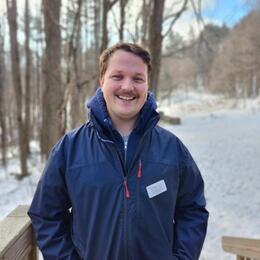Calling all nature enthusiasts and outdoor adventurers - it's time to be a part of something truly special! The Vermont Fish and Wildlife Department is once again conducting their annual Wild Turkey Brood Survey, and they need your help to gather important data on the state's wild turkey population.
For over 30 years, the Wild Turkey Brood Survey has provided valuable information on the health and abundance of Vermont's wild turkeys. By enlisting the help of everyday citizens like you, the department is able to collect data on turkey brood sizes and distribution, which helps them make informed decisions about turkey management and conservation efforts. The survey period runs from July 1st to August 31st
Participating in the survey is easy and fun - all you need to do is keep an eye out for wild turkey families while you're out enjoying Vermont's beautiful natural landscapes. Whether you're hiking, camping, birdwatching, or simply taking a leisurely stroll through the woods, keep an eye out for hen turkeys with their young chicks in tow. If you spot a turkey brood, simply fill out the online survey form with details about the sighting, including the number of adults and chicks, location, and date.
Not only does participating in the Wild Turkey Brood Survey help better understand and protect Vermont's wildlife, but it also provides a unique opportunity to connect with nature on a deeper level. Observing wild turkeys in their natural habitat can be a truly rewarding experience, knowing that your sightings are contributing to vital conservation efforts.
So, what are you waiting for? Lace up your hiking boots, grab your binoculars, and head out into the Vermont wilderness to take part in the Wild Turkey Brood Survey. Your contributions will help ensure that future generations can continue to enjoy the beauty and wonder of Vermont's wild turkey population.
To learn more about the survey and how to participate, visit the Vermont Fish and Wildlife Department's website. Together, we can make a difference for Vermont's wild turkeys and the natural world they inhabit. Let's get out there and make this year's survey the best one yet!





